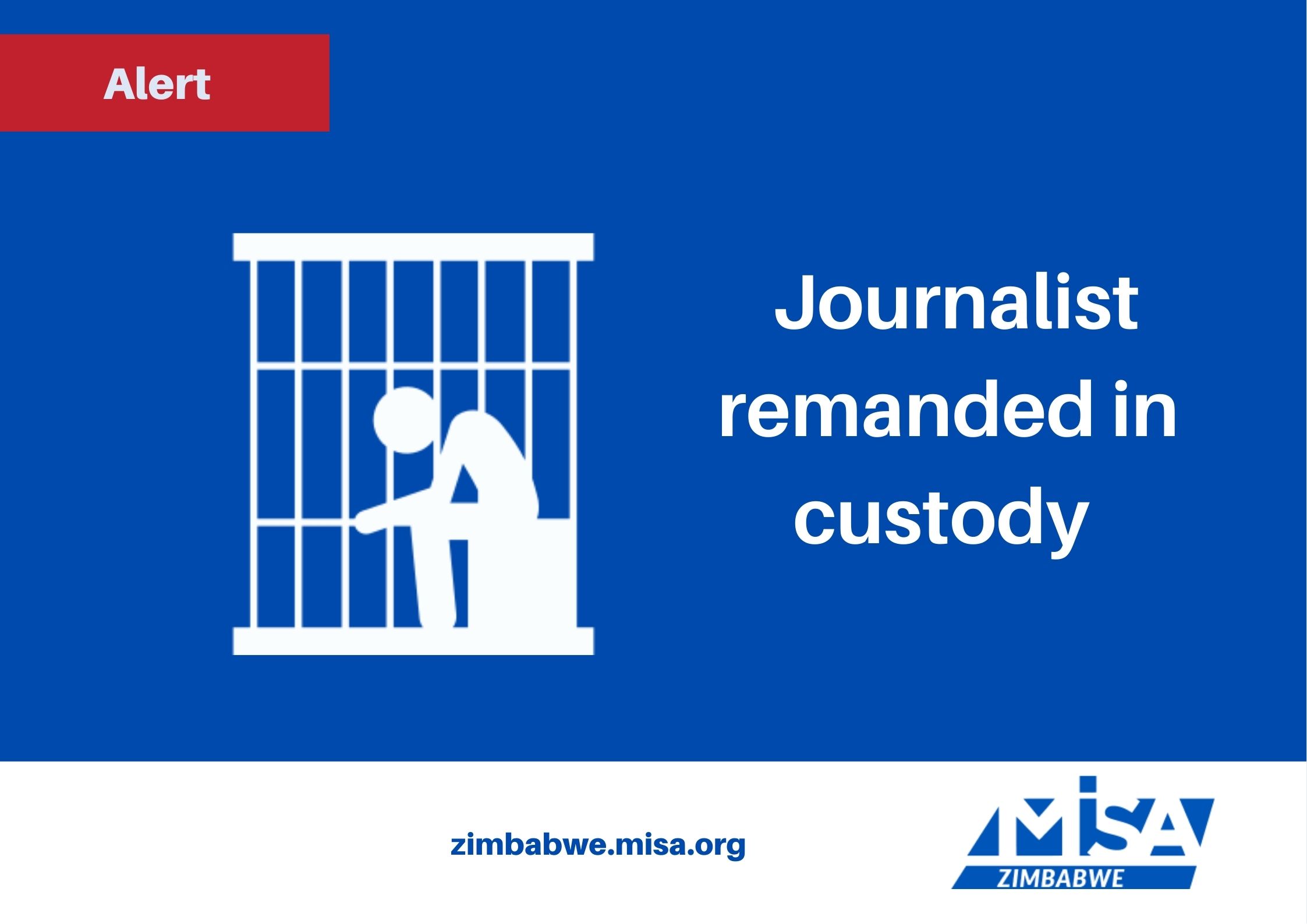[dropcap1]M[/dropcap1]ISA Zimbabwe shares its Way Forward recommendations for defending media freedom, freedom of expression and access to information to mark World Press Freedom Day 2020.
[highlight1]LAWS AND REGULATIONS[/highlight1]
Refine the Freedom of Information Bill
The Bill still needs refinement by including provisions such as providing for access to information held by private bodies and the establishment of an independent body to monitor compliance with the proposed law.
Incorporate key recommendations into the Zimbabwe Media Commission Bill
The Bill should include several recommendations from media stakeholders such as decriminalising the media profession, allowing for media self-regulation as part of a co-regulation model and removing the Minister of Information’s wide powers over the Zimbabwe Media Commission.
Uphold people’s right to privacy
Ensure Zimbabwe’s proposed Protection of Personal Information Bill curbs violations of privacy and is not used by the state as a basis for surveillance that infringes citizens’ right to privacy.
Regulate the broadcasting services sector
Push for extensive amendments to the Broadcasting Services Act through the proposed Broadcasting Services Amendment to ensure:
- Broadcasters and other electronic media of communication are independent of control by government or by political or commercial interests
- The completion of switching analogue broadcasting to digital broadcasting
- The relaxation of restrictions and thresholds on foreign direct investment to allow for more independent players in the sector.
[line]
[highlight1]PUBLIC BROADCASTER[/highlight1]
Transform ZBC into an independent broadcaster
Increase pressure on the government to transform the Zimbabwe Broadcasting Corporation (ZBC) into a truly independent public broadcaster.
Improve ZBC programming
Institute and implement a practical ZBC turnaround strategy that will see the public broadcaster broadcast modern, quality and relevant public interest programming.
Lower the hurdles for community radio licences
Make registration and application fees for community radio stations affordable. The application process should also aim to promote the freedom of the establishment of broadcasting services as articulated in Section 61 (3) of the Zimbabwe Constitution.
[line]
[highlight1]SAFETY OF JOURNALISTS[/highlight1]
Investigate and prosecute crimes against journalists
Demand that police investigate and prosecute cases involving the assault, harassment or unlawful detention or arrest of journalists and other media practitioners conducting their lawful professional duties.
Urge public figures to condemn crimes against journalists
Encourage government, police and members of political parties to issue statements condemning media freedom violations. These should include clear warnings of the consequences of committing such violations.
Revisit the police-media action plan
The media and police should revisit and finally implement the 2017 resolutions and action plan aimed at improving the working relationship between the media and the police.
[line]
[highlight1]MEDIA PROFESSIONALISM[/highlight1]
Continue to provide and develop journalism skills for journalists in line with global media trends as part of efforts to ensure a professional and ethical media.
[line]

These recommendations are taken from our annual state of the media 2019 report. You can find all of these in our resource centre on our website. You can also download a PDF copy of the 2020 Way Foward to print and share.
You can also take a look at the Way Forward 2020 recommendations for MISA Malawi, MISA Lesotho, MISA Mozambique and MISA Zambia.













